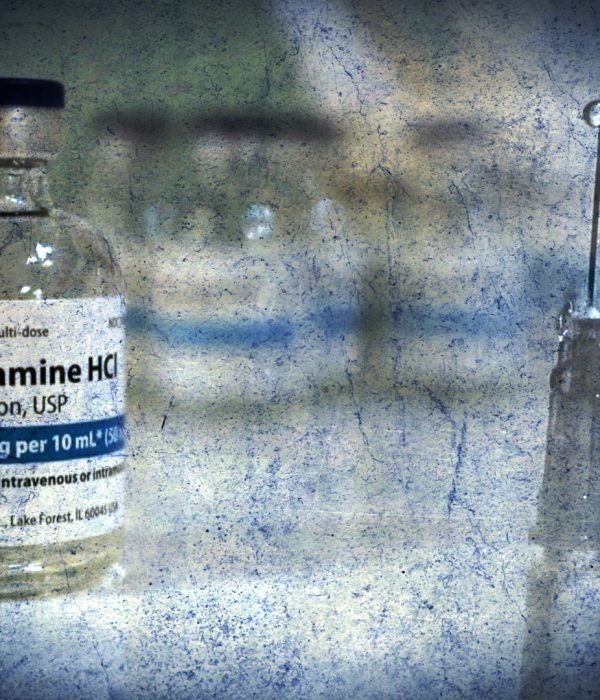
Why Choose Ketamine For PTSD Treatment
Post-traumatic stress disorder(PTSD) is when a person fails to recover from a particular incident. It can be an accident, losing a close family member or a friend, seeing something horrifying, etc. There is no set time for recovery. It can take months or years. There are also triggers by which a person going through PTSD can relive the experience or bring back memories, which can delay the process of recovery. There are a lot of symptoms that one may face, like nightmares, nausea, flashbacks, etc. It can be treated by therapy and medications over time.
What is Ketamine?
Ketamine is a medical drug used for pain relief and anesthesia. In the 70s, this drug was mostly used on soldiers for instant relief. This drug doesn’t result in heavy breathing or low heart rate, and that’s why a person can receive it while conscious.
The ketamine for PTSD treatment is highly recommended. They provide six different intramuscular sessions divided between two to four weeks. They treat every person in private rooms for one hour in each session and keep increasing the dose of Ketamine for PTSD treatment under the guidance of Klarisana members. With an increase in dosage, the patient enters a mystical place called Psychotropic Therapeutic Response. This helps in recognizing who you are as a person and determining your relationships with other people.
Difference between other drugs and Ketamine for PTSD treatment
- There are a lot of other treatments also like Zoloft, Seroquel, and Xanax, which tone down the trauma but doesn’t treat it completely. Proper medication of Ketamine can result in complete recovery from the trauma.
- Other medications can also result in severe side effects, but with Ketamine, the chances of side effects are really low.
- Other strong drugs can result in addiction, but the doses of Ketamine are maintained at a low level, reducing the risk of addiction.
If PTSD is left untreated, it can lead to serious problems. The temporary trauma can turn permanent in the long term, which reduces the chances of ever getting better. Long-term PTSD can also result In depression and anxiety. So, choose the right option and seek help for yourself and your loved ones.


